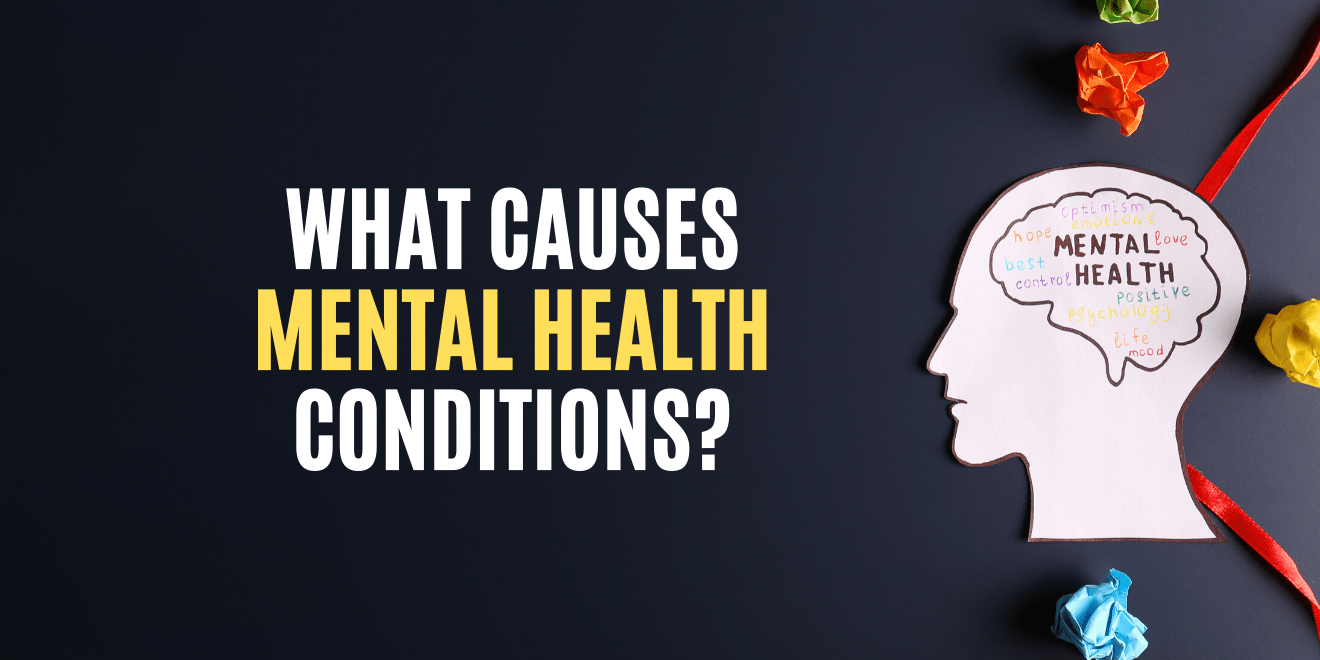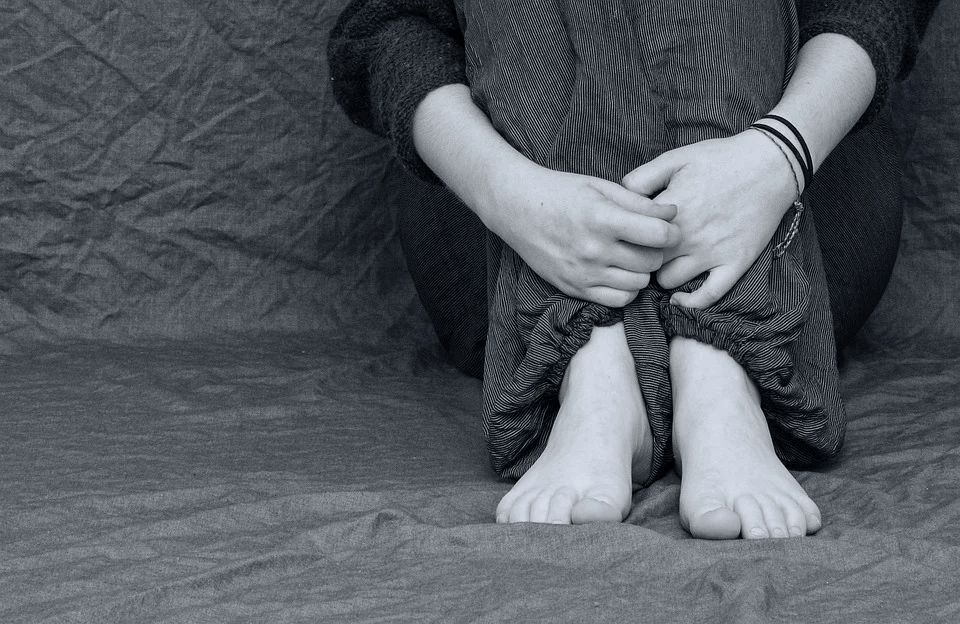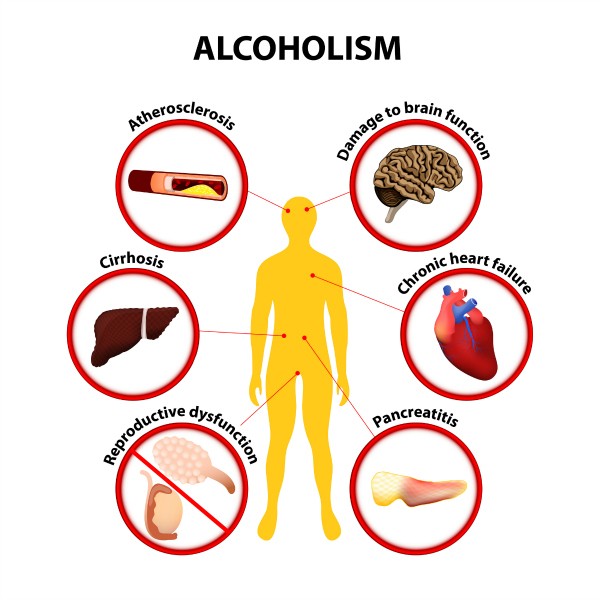The Most Common Causes of Mental Health Problems

Mental health conditions affect about one in five adults worldwide and are connected to all manner of behaviors.
Suicide linked to mental health conditions is ranked as the #2 cause of death in people 10-34.
The fact is, mental health conditions are abundant and have become the subject of plenty of stigma and misinformation over the years. One of the main problems is that people don’t understand what causes these conditions, or why they have such an impact on their victims’ lives.
In this article, we’ll go over some common causes for mental health conditions in an effort to clear the air and offer a better understanding for those new to mental health awareness.
The blanket term “mental health condition”, or sometimes called “mental illness”, refers to a wide variety of conditions that affect the mental health of an individual. These conditions can cause behavioral changes, changes in patterns of thought, perceptions of reality, and much more. They’re much more impactful than we’ve been led to believe, with some mental health conditions completely altering their victims’ lives.

● Depression
● Anxiety
● Bipolar Disorder
● Obsessive-Compulsive Disorder
● Schizophrenia
● Anorexia Nervosa
● Pyromania
● Phobias
● Social Anxiety Disorder
Many of these conditions are widespread throughout the adult and adolescent populations in both the US and the world, with depression and anxiety-related disorders being among the most common on a worldwide scale.
While there are hundreds of possibilities for the onset of a mental health condition, these causes seem to be the most common. Each has its own specific impact on the individual, and mental health conditions can often vary in severity and symptoms from person to person. These causes cover everything from environmental factors to trauma and beyond.

Trauma is one of the most common causes of conditions like depression. Trauma is linked to dozens of mental health conditions, and since trauma can be so diverse, there’s really no pinpointing specific traumas that cause mental health conditions. Sexual assault or abuse, physical and verbal abuse, witnessed horrific events, and other traumas can cause individuals to develop a mental health condition in response to the trauma itself.
For instance, soldiers returning home from war often experience a condition called post-traumatic stress disorder , or PTSD. This causes soldiers to re-live horrific battles, deaths, and other distressing events from their service. This disorder can also develop in people who have been repeatedly assaulted or abused.
Some people are simply pre-disposed to mental health conditions thanks to hereditary factors. Autism, ADHD, major depressive disorder, and schizophrenia are just a few conditions that are thought to have a genetic link from generation to generation. This makes a person pre-disposed to experience specific conditions, despite other factors not being present.
A perfectly normal person with a good upbringing, a stable environment, and no history of abuse or trauma can end up with a mental health condition all the same.

The environment plays a major role in the development of specific mental illnesses. Your environment has an impact on how you view the world, and if you’re surrounded by depression, anxiety, anger, and other negative emotions, these can seriously damage your mental health.
Think about how you’d feel if you lived with your family in an unhappy home for years and years. This would likely have an effect on how you viewed the world, and might even cause depression or anxiety.
That’s not to say that everyone who grows up in or lives in an unhealthy environment can develop a mental health condition, but it’s certainly a possibility.
It’s no secret that abusing drugs and alcohol can cause mental health conditions. Conditions like addiction have been linked to depression, low self-esteem, and more. Alcohol, in particular, seems to be the drug of choice for many people, as it’s readily available, cheap to acquire, and legal to consume if you’re over 21.
According to this article , a staggering 14.4 million adults aged 18 and older had Alcohol Use Disorder. That’s an unsettling statistic, to say the least.
[caption id="attachment_21026" align="aligncenter" width="600"] Alcoholism. Some of the possible long-term effects of alcohol an individual may develop: atherosclerosis, cirrhosis, pancreatitis, damage to brain function, chronic heart failure, reproductive dysfunction.[/caption]
Alcoholism. Some of the possible long-term effects of alcohol an individual may develop: atherosclerosis, cirrhosis, pancreatitis, damage to brain function, chronic heart failure, reproductive dysfunction.[/caption]
We see plenty of focus on keeping our bodies healthy, but not nearly enough focus on our mental health. Mental and physical health are equally important to overall health and satisfaction with life. Think about it; even if you have a completely healthy body and fit lifestyle, if you’re mentally unhealthy, you’re still not going to have a fulfilling experience.
When you’re thinking, “ I need to talk to someone ”, don’t ignore that intuition. There’s a misconception that having a mental illness makes you an outcast, or should make you feel ashamed, and this simply isn’t true. Having a mental illness isn’t your fault, and no one should ever make you feel guilty for it.
The fact is, mental health conditions are abundant and have become the subject of plenty of stigma and misinformation over the years. One of the main problems is that people don’t understand what causes these conditions, or why they have such an impact on their victims’ lives.
In this article, we’ll go over some common causes for mental health conditions in an effort to clear the air and offer a better understanding for those new to mental health awareness.
What is a Mental Health Condition?
The blanket term “mental health condition”, or sometimes called “mental illness”, refers to a wide variety of conditions that affect the mental health of an individual. These conditions can cause behavioral changes, changes in patterns of thought, perceptions of reality, and much more. They’re much more impactful than we’ve been led to believe, with some mental health conditions completely altering their victims’ lives.

Some common mental health conditions include:
● Depression
● Anxiety
● Bipolar Disorder
● Obsessive-Compulsive Disorder
● Schizophrenia
● Anorexia Nervosa
● Pyromania
● Phobias
● Social Anxiety Disorder
Many of these conditions are widespread throughout the adult and adolescent populations in both the US and the world, with depression and anxiety-related disorders being among the most common on a worldwide scale.
Common Causes of Mental Health Conditions
While there are hundreds of possibilities for the onset of a mental health condition, these causes seem to be the most common. Each has its own specific impact on the individual, and mental health conditions can often vary in severity and symptoms from person to person. These causes cover everything from environmental factors to trauma and beyond.

Trauma
Trauma is one of the most common causes of conditions like depression. Trauma is linked to dozens of mental health conditions, and since trauma can be so diverse, there’s really no pinpointing specific traumas that cause mental health conditions. Sexual assault or abuse, physical and verbal abuse, witnessed horrific events, and other traumas can cause individuals to develop a mental health condition in response to the trauma itself.
For instance, soldiers returning home from war often experience a condition called post-traumatic stress disorder , or PTSD. This causes soldiers to re-live horrific battles, deaths, and other distressing events from their service. This disorder can also develop in people who have been repeatedly assaulted or abused.
Hereditary Factors
Some people are simply pre-disposed to mental health conditions thanks to hereditary factors. Autism, ADHD, major depressive disorder, and schizophrenia are just a few conditions that are thought to have a genetic link from generation to generation. This makes a person pre-disposed to experience specific conditions, despite other factors not being present.
A perfectly normal person with a good upbringing, a stable environment, and no history of abuse or trauma can end up with a mental health condition all the same.

Environmental Factors
The environment plays a major role in the development of specific mental illnesses. Your environment has an impact on how you view the world, and if you’re surrounded by depression, anxiety, anger, and other negative emotions, these can seriously damage your mental health.
Think about how you’d feel if you lived with your family in an unhappy home for years and years. This would likely have an effect on how you viewed the world, and might even cause depression or anxiety.
That’s not to say that everyone who grows up in or lives in an unhealthy environment can develop a mental health condition, but it’s certainly a possibility.
Drug and Alcohol Abuse
It’s no secret that abusing drugs and alcohol can cause mental health conditions. Conditions like addiction have been linked to depression, low self-esteem, and more. Alcohol, in particular, seems to be the drug of choice for many people, as it’s readily available, cheap to acquire, and legal to consume if you’re over 21.
According to this article , a staggering 14.4 million adults aged 18 and older had Alcohol Use Disorder. That’s an unsettling statistic, to say the least.
[caption id="attachment_21026" align="aligncenter" width="600"]
 Alcoholism. Some of the possible long-term effects of alcohol an individual may develop: atherosclerosis, cirrhosis, pancreatitis, damage to brain function, chronic heart failure, reproductive dysfunction.[/caption]
Alcoholism. Some of the possible long-term effects of alcohol an individual may develop: atherosclerosis, cirrhosis, pancreatitis, damage to brain function, chronic heart failure, reproductive dysfunction.[/caption]Mental Health Needs to Be Taken Seriously
We see plenty of focus on keeping our bodies healthy, but not nearly enough focus on our mental health. Mental and physical health are equally important to overall health and satisfaction with life. Think about it; even if you have a completely healthy body and fit lifestyle, if you’re mentally unhealthy, you’re still not going to have a fulfilling experience.
When you’re thinking, “ I need to talk to someone ”, don’t ignore that intuition. There’s a misconception that having a mental illness makes you an outcast, or should make you feel ashamed, and this simply isn’t true. Having a mental illness isn’t your fault, and no one should ever make you feel guilty for it.




































































































